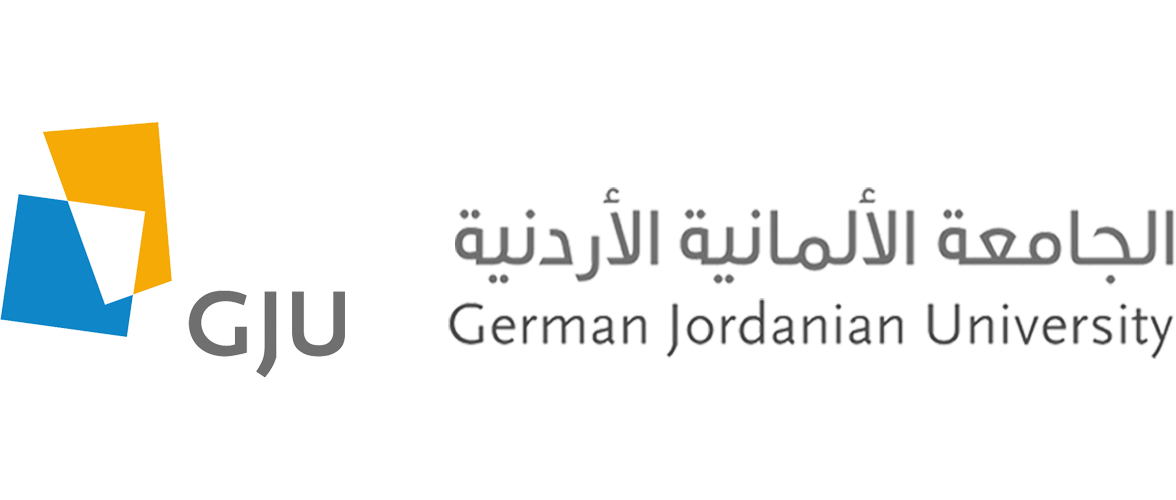Humanitarian infrastructure
- Apply Humanitarian principles, International and domestic law into programming.
- Design project according to national /humanitarian standards
- Integrate Sustainable Development Goals, the Grand bargain, Humanitarian-development nexus into the programming
- Advocate making sure WaSH programming meets the needs of the population and use continuous functional,
the cost-effective technically and institutionally sound solution as far as possible. - Participate in the coordination of humanitarian actions
- Be involved in national /regional contingency planning
- Coordinate with other stakeholders, cluster/sector
WaSH Project cycle management
- Mobilize resources.
- Conduct needs assessment.
- Conduct a response analysis.
- Design WaSH project based on the needs assessment.
- Design and implement contextually appropriate behavior changes activities for appropriate practice in Water,
Sanitation and Hygiene. - Design and implement contextually appropriate safe water supply interventions.
- Design and implement contextually appropriate sanitation interventions.
- Design and implement specific interventions (conflict, displacement, urban context, natural disaster, disease
outbreak, WaSH in schools, health centres, etc.). - Design and implement preparedness and contingency planning.
- Monitor and evaluate projects by identifying SMART indicators, and selecting tools to monitor the progress of the
project and its impacts. - Integrate lessons learned.
- The report carries out administrative and budget management of WaSH projects.
- Ensure project continuous functionality, and cost-effectiveness of the project and include an exit strategy.
- Coordinate with other stakeholders/ cluster/sector
Humanitarian concepts and cross-cutting programming
- Support local partners in assessing their capacity-building needs
- Support investment (capacity building, accountability, materials, financial) in the institutional capacities of local
and national actors - Work to remove/reduce barriers that prevent local stakeholders from partnering with local and national responders
/ donors - Use local resources (materials and workforce) from the beneficiary community and local institutions when
appropriate - Include gender in WaSH programming
- Include marginalized groups, people with disabilities, elders, and special needs in WaSH programing
- Mainstream Protection in WaSH programming
- Reduce the impact of WaSH programming on the environment
- Consider climate change and water scarcity situations and the energy nexus
- Promote livelihoods activities
- Guarantee accountability towards beneficiaries and participation
- Guarantee accountability towards donors and authorities
- Include a rights-based approach in WaSH programming
- Assess and analyse the market, implement, and monitor cash-based intervention tools and ensure quality and
achievement of WaSH outcome when using cash based interventions.
Communication, human resources, relation with administration, logistics, security, and finance department.
- Recruit competent staff
- Manage staff, team, and conflict
- Promote staff training
- Assess staff performance
- Apply the code of conduct/Safeguarding
- Manage staff remotely
- Follow procurement procedures and finances expenditures
- The draft calls for tenders and manage contracts with suppliers/contractors
- Supervise subcontractors’ work
- Assess Security context and risks
- Apply security and safety rules while implementing activities
- Use advanced formulas and graphs in Ms. Excel, mapping tools, and statistics tools (KOBO, ODK)
- Represent and position the organization
- Communicate appropriately
- Organise meetings
- Coordinate with other sectors, cluster, sector
Ethics and behaviour
- Develop empathy towards beneficiaries.
- Understand and apply the humanitarian principles and code of conducts into programming.
- Show cultural sensitivity
- Manage stress and adapt to the situation

